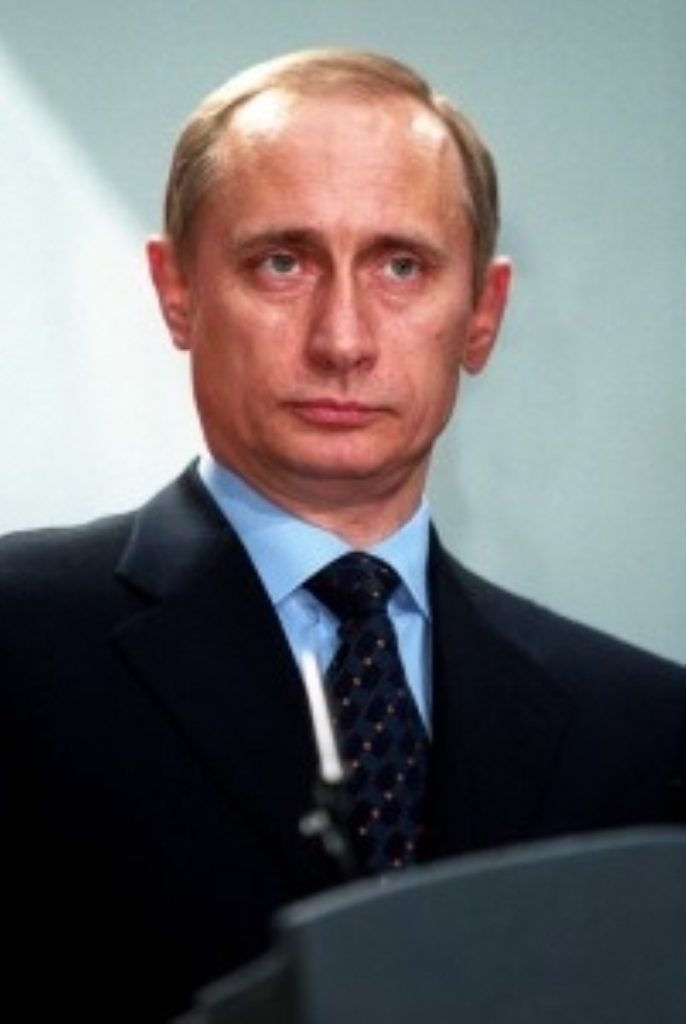Russia threatens diplomatic backlash
The UK government is bracing itself for a diplomatic backlash after Russia condemned the expulsion of four of its diplomats.
The Russian foreign ministry said the move was an “immoral and provocative act” and would be met with “the most serious consequences”.
Foreign secretary David Miliband announced the move yesterday in response to Russia’s refusal to extradite Andrei Lugovoi to stand trial for the murder of Alexander Litvinenko.
The Kremlin said it would consider an “adequate response” but has so far struck a cautious tone.


Russia has so far declined to introduce a quid pro quo expulsion of British diplomats. One Russian official said the UK had refused 21 extradition requests and if Russia were to follow the UK’s example it would need to expel 80 diplomats.
Speaking this afternoon, however, an official did warn the move would harm British-Russian relations and hinted at a future withdrawal of cooperation on security.
A spokesman for the Russian Foreign Ministry earlier said: “The decision taken by London confirms a flare-up in Russophobic sentiments in British society and political circles, which have recently spread to its foreign policy.
“Given this situation, Miliband’s statement that the UK would like to see Russia as a partner on the international scene looks naive.”
The Kremlin maintains its constitution forbids the extradition of Russian citizens to stand trial abroad. The Foreign Office rejected Russia’s offer to try Mr Lugovoi itself, doubting the fairness of the trial.
Mr Miliband told MPs yesterday the “response is proportional and it is clear at whom it is aimed”.
The four unnamed diplomats are thought to be connected to the successor organisations of the KGB, seen as an indication Britain is implicating Russian intelligence agencies in Mr Litvinenko’s murder.
The Foreign Office has also ceased cooperation with Moscow on a number of other issues, starting with restrictions on visas for Russian officials.
Mr Miliband also warned the UK will seek to arrest and extradite Mr Lugovoi if he travels to a third country.
Speaking in Berlin last night, Gordon Brown said the UK would not apologise for its action.
“When a murder is committed on British soil, action has to be taken,” the prime minister said.
Mr Brown continued: “We believe there should be cooperation from the Russian authorities in this. We are sad that cooperation is not forthcoming.
“We have therefore had to take the action we have taken and we hope we can have a resolution of this matter shortly.”
The government maintains Moscow is failing to recognise the seriousness of the crime or the British government’s concern.
American under-secretary Nicolas Burns said the US “will stand behind the UK” and there was cross-party support in parliament for the measure.
Addressing parliament yesterday, Mr Miliband hinted the government does not view of Mr Litvinenko’s murder as an isolated incident.
He said: “The UK has a wider duty to ensure the safety of the large Russian community living in the UK.”
The diplomatic impasse could affect Britain’s business relationship with Russia, risking billions of pounds. Mr Miliband briefed the director general of the CBI Richard Lambert yesterday.
The expulsion is the first since 1996 and marks a severe decline in UK-Russian relations.









